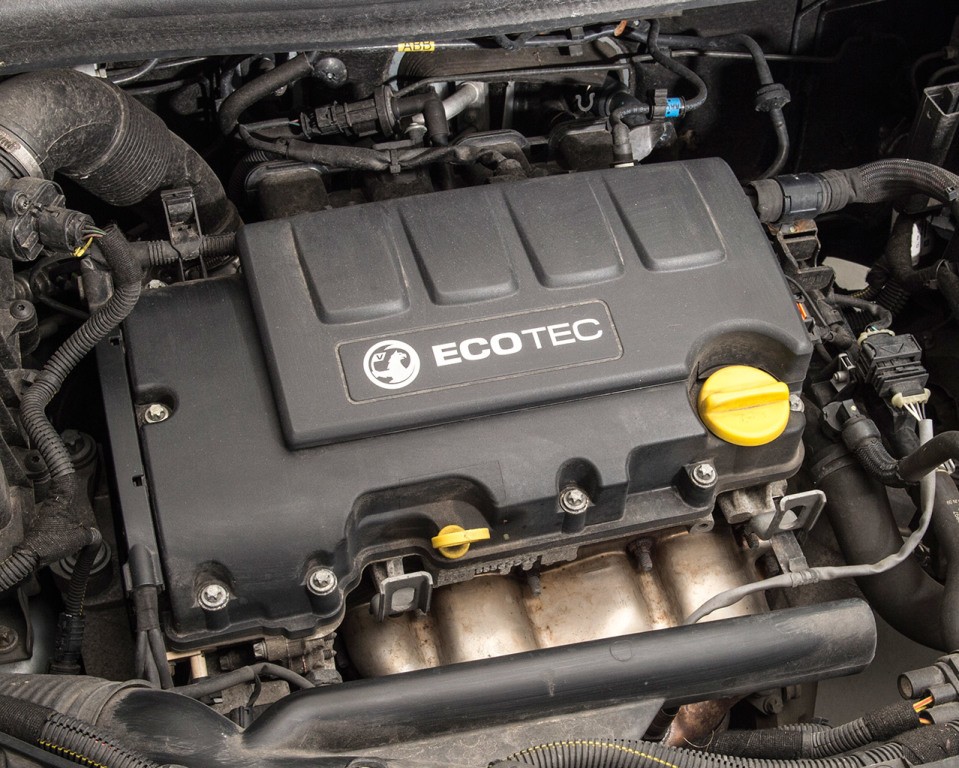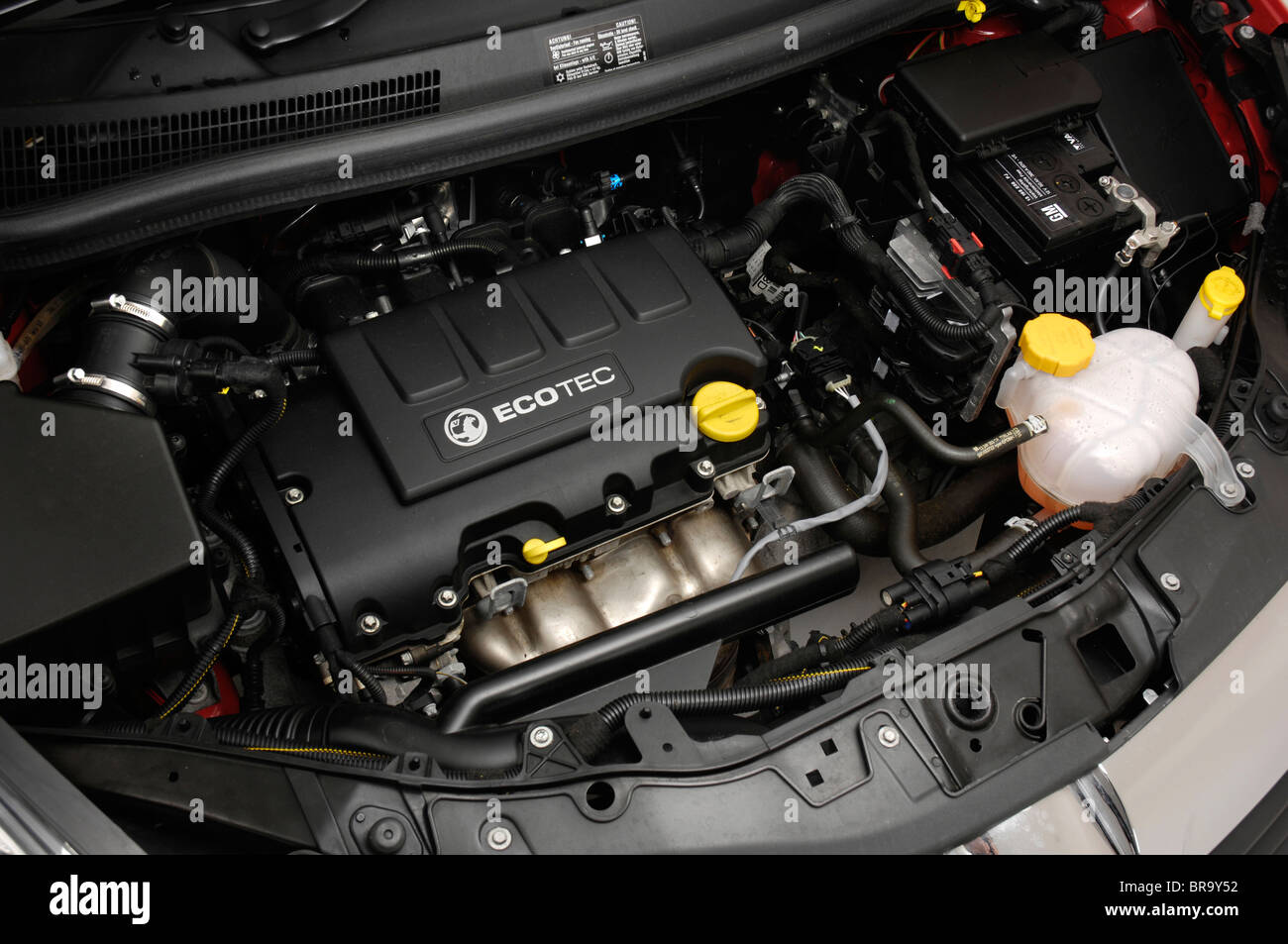Discover Competitive Opel Corsa 1.4 Engine Price Options at Vehicle Components Marketplace
Discover Competitive Opel Corsa 1.4 Engine Price Options at Vehicle Components Marketplace
Blog Article
Smart Buyer's List: Key Features to Examine in Engines Before Buying
When considering purchasing an engine, there are several key features that a critical purchaser should evaluate to ensure they are making a well-informed decision - Opel Corsa 1.4 Engine Price. From the sort of engine to its performance metrics, gas maintenance, toughness, and effectiveness costs, each facet plays an essential role in establishing the engine's viability for the designated objective. By thoroughly examining these variables, purchasers can buy that not only fulfills their current demands but additionally confirms to be a sensible long-term financial investment
Engine Type Analysis

For applications needing high power outcome, such as sturdy industrial machinery or big vehicles, diesel engines are frequently chosen because of their performance and torque abilities. On the various other hand, gasoline engines are commonly selected for smaller sized equipment, vehicles, and power devices where lighter weight and higher RPM performance are beneficial.
Additionally, the setting in which the engine will operate need to be taken right into account. Factors such as temperature, elevation, and air high quality can affect the engine's efficiency and durability. Selecting an engine kind that appropriates for the specific operating conditions will help make sure optimum effectiveness and resilience.
Performance Metrics Analysis
Evaluating efficiency metrics is critical in establishing the performance and performance of an engine for its designated application. One key statistics to consider is the power result, commonly determined in horse power (HP) or kilowatts (kW), which shows the engine's ability to perform work. Torque is an additional crucial statistics as it stands for the rotational pressure created by the engine, influencing its capacity to get over resistance and increase. Gas effectiveness is a crucial performance metric, highlighting just how effectively the engine transforms fuel into functional power. Additionally, taking a look at discharges levels, such as co2 (CO2) and nitrogen oxides (NOx), is essential for making sure ecological conformity and decreasing the engine's ecological effect. Thermal effectiveness, a procedure of exactly how well the engine converts warmth from gas burning right into mechanical work, is also basic in analyzing total efficiency. By thoroughly reviewing these performance metrics, customers can make educated choices when choosing an engine that aligns with their particular demands and objectives.
Gas Efficiency Assessment
Analyzing gas efficiency is an essential aspect in establishing the operational cost-effectiveness and ecological influence of an engine. Gas efficiency describes the amount of energy an engine can remove from a particular quantity of fuel. It straight affects the overall operating costs of the engine, making it a vital consideration for customers seeking to enhance their lasting costs.
When reviewing fuel performance, it is important to consider metrics such as miles per gallon (MPG) or litres per 100 kilometers (L/100km) depending on the region. These metrics supply a clear indication of how much a lorry can take a trip on an unit of gas, allowing customers to approximate fuel prices properly. Furthermore, modern technologies like hybrid systems, turbocharging, and direct fuel injection can substantially affect fuel performance by boosting combustion efficiency and lowering energy losses.
Eventually, choosing an engine with high gas performance not just decreases operational costs however likewise decreases carbon discharges, making it an ecologically conscious option. By prioritizing fuel performance throughout the getting process, buyers can make informed decisions that align with their economic and environmental objectives.
Durability and Integrity Check

Thinking about the significant effect of fuel efficiency on functional expenses and ecological sustainability, the next important element to assess in engine acquisition is the resilience and reliability of the engine. Durability refers to the engine's capacity to stand up to wear, deterioration, and anxiety over an extensive period, ensuring a sites much longer lifespan. Integrity, on the other hand, concerns the engine's uniformity in performance under various conditions without unanticipated breakdowns or failures.
To assess the resilience and dependability of an engine, several aspects need consideration. Analyzing the engine's building materials and design can provide insight into its toughness and resistance to put on. Additionally, reviewing historical data on the engine model's performance, maintenance demands, and common concerns reported by individuals can assist gauge its dependability.
Additionally, certifications from trusted organizations, guarantee offerings, and manufacturer credibility for creating reputable engines are beneficial signs of toughness and dependability. Carrying out complete research, seeking suggestions, and examining upkeep records can assist in making an informed decision on buying an engine understood for its durability and reputable performance.
Expense and Upkeep Factors To Consider
When pondering engine acquisition decisions, a vital element to look into is the monetary effects paired with upkeep considerations. The cost of an engine extends past the initial acquisition cost. It is important to assess elements such as gas efficiency, recurring upkeep expenses, and the accessibility of spare parts. Selecting a fuel-efficient engine might lead to lasting expense financial savings in spite of a potentially higher ahead of time price. Additionally, evaluating the upkeep needs of different engine models is crucial. Some engines might require constant servicing or specialized care, causing enhanced upkeep expenses in time. Considering the availability and price of extra parts is likewise vital. Engines with readily available and moderately valued extra parts can dramatically decrease upkeep prices and downtime. Focusing on cost-effectiveness and ease of upkeep can lead to an extra lasting and affordable engine investment over time.
Verdict
In verdict, it is essential for buyers to completely assess crucial features in engines before purchasing. By thinking about the engine kind, efficiency metrics, fuel efficiency, sturdiness, integrity, cost, and maintenance demands, purchasers can make an enlightened decision that meets their expectations and needs. This thorough assessment process ensures that customers pick an engine that will give optimal performance and longevity for Home Page their planned usage.
From the type of engine to its efficiency metrics, fuel sturdiness, effectiveness, and maintenance costs, each facet plays a crucial function in establishing the engine's suitability for the desired objective. Gas efficiency is a critical efficiency metric, highlighting how successfully the engine transforms gas into functional power. Gas performance refers to the quantity of power an engine can extract from a certain amount of gas.Considering the substantial effect of gas performance on operational costs and ecological sustainability, the following crucial facet to evaluate in engine acquisition is the longevity and dependability of the engine. By considering the engine type, efficiency metrics, fuel efficiency, longevity, upkeep, expense, and dependability demands, purchasers can make an informed choice learn the facts here now that meets their expectations and requirements.
Report this page